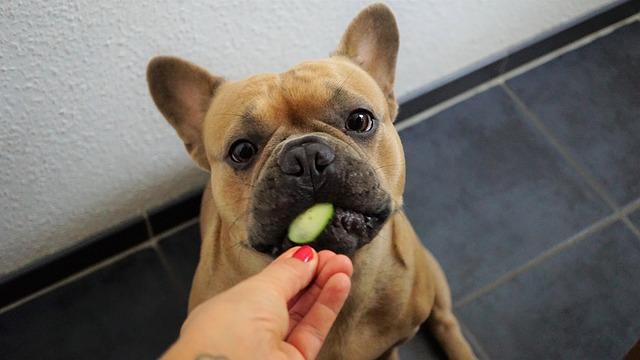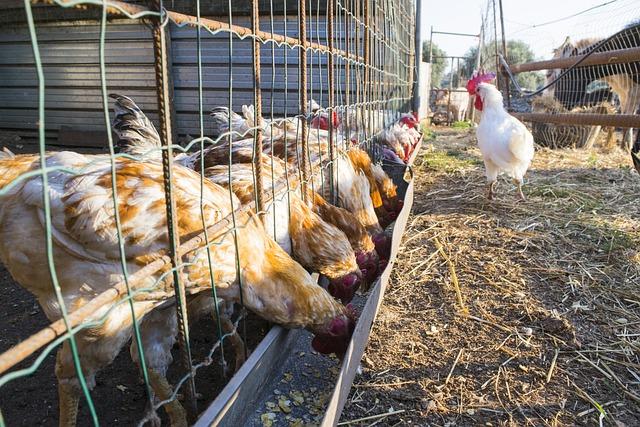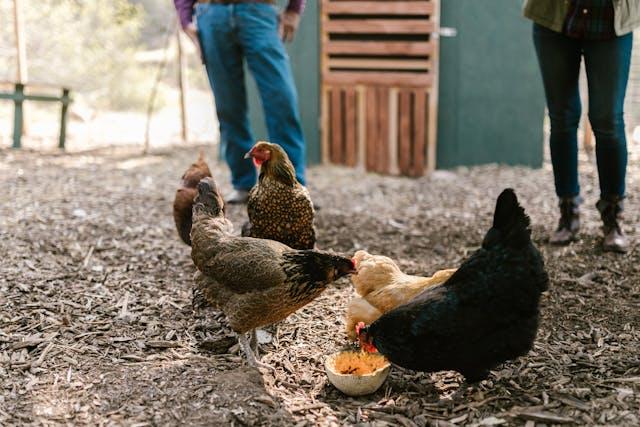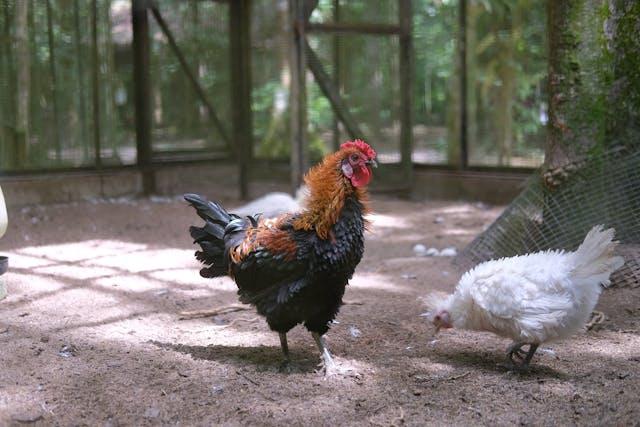Can dogs eat okra? Yes, they can. Okra is not only safe for dogs to eat but can also offer various nutritional benefits when included as a part of their diet in moderation.
Okra, also known as “lady’s fingers,” is a flowering plant known for its edible seed pods.
It is rich in vitamins A, B, C, and K, and contains calcium, iron, magnesium, potassium, and zinc. Okra is also a good source of dietary fiber, which can aid in digestion for dogs.
Health Benefits of Okra for Dogs
Okra can offer several health benefits for dogs:
- Dietary Fiber: Helps in maintaining a healthy digestive system and can aid in preventing constipation.
- Vitamin C: Acts as an antioxidant which can help reduce inflammation and cognitive aging.
- Low Calorie: Makes it a good treat option for dogs on a weight management plan.
- Potassium: Supports healthy muscle and nerve function.
How to Serve Okra to Your Dog
When introducing okra to your dog’s diet, it’s important to do so gradually to avoid gastrointestinal upset. Here are some tips on how to safely serve okra to your dog:
- Cooked Okra: Always serve okra cooked, as raw okra can be difficult for dogs to digest.
- No Seasonings: Cook okra without salt, seasonings, or oil, which can be harmful to dogs.
- Small Portions: Start with small amounts to see how your dog’s system reacts to this new vegetable.
Potential Concerns with Okra for Dogs

While okra is generally safe for dogs to eat in moderation, there are a few potential concerns that pet owners should be aware of when including this vegetable in their dog’s diet.
Being mindful of these issues can help ensure that your furry friend enjoys their treats without any negative side effects, there are a few concerns to be aware of:
- Digestive Issues: Okra contains fructans, a type of carbohydrate that can cause gas and upset stomach in some dogs, especially those with sensitive digestive systems.
- High Fiber Content: While fiber is beneficial for dogs, too much can lead to digestive discomfort, including diarrhea or constipation.
- Pesticide Residues: Okra, like many vegetables, can be treated with pesticides which can be harmful if ingested in large amounts.
- Choking Hazard: The texture and size of okra pods can pose a choking risk, particularly for smaller dogs.
- Oxalates: Okra contains oxalates, which in large quantities, can contribute to the formation of kidney stones, particularly in dogs prone to this condition.
- Allergic Reaction: Although rare, some dogs might be allergic to okra. Signs of an allergic reaction include itching, swelling, difficulty breathing, or gastrointestinal upset.
Alternatives to Okra in Dogs’ Diet
If you’re considering alternative vegetables to include in your dog’s diet that offer similar benefits to okra, there are several nutritious options that are safe and beneficial for dogs. Here are some great alternatives to consider:
- Green Beans: Green beans are low in calories and rich in iron and vitamins. They provide a crunch that dogs enjoy and can be served raw, steamed, or canned (without added salt).
- Carrots: Carrots are fantastic for a dog’s teeth, plus they’re high in fiber and beta-carotene, which supports good vision.
- Peas: Peas are a good source of proteins, fiber, and vitamins A and K. They’re also easy to digest for most dogs.
- Pumpkin: Pumpkin is excellent for a dog’s digestive system, rich in fiber, and can help regulate bowel movements.
- Sweet Potatoes: Sweet potatoes are a powerhouse of dietary fiber, vitamin B6, vitamin C, and beta-carotene.
- Zucchini: Zucchini is low in calories and a good source of dietary fiber. It’s also gentle on the stomach, making it perfect for dogs with sensitive digestion.
- Cucumber: Cucumbers are low in calories, hydrating, and contain important vitamins like K, C, and magnesium.
- Broccoli: Broccoli is high in fiber and vitamin C but should be given in moderation because it can cause gas in some dogs.
Each of these alternatives provides unique benefits and can help keep your dog’s diet varied and interesting.
Always introduce new foods gradually and monitor your pet for any adverse reactions.
And remember, treats and additions like these should not make up more than 10% of your dog’s daily food intake to ensure a balanced diet.
Conclusion
Including okra in your dog’s diet can be a great way to enhance their nutrition with minimal calories.
As always, it’s important to introduce any new food slowly and observe how your dog reacts to it.
If in doubt, consult with a veterinarian to ensure that the foods you add to your dog’s diet are safe and appropriate for their individual health needs.






